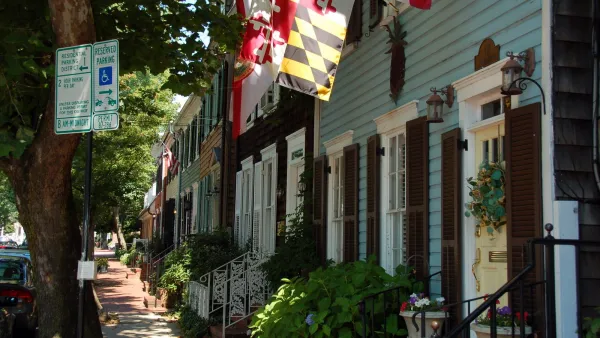Last week, I submitted the following letter to the editor of the Los Angeles Times in response to a vicious, and more importantly, extremely misleading op-ed that decried inclusionary housing as a development killer.
Dear editors,
Contrary to Gary Galles’s ideological claims (op-ed. Jan. 6), multiple independent studies have shown that inclusionary housing policies do not slow production or raise prices. The study Galles emphasizes was builder-funded and has been roundly debunked. Among its many flaws, it didn’t look at comparable cities without inclusionary policies over the same time periods. Lo and behold, production also fell similar amounts in those places, leaving the study’s claim that inclusionary measures caused the drop with no supporting evidence.
Inclusionary housing policies are a win-win for everyone. Hard-working households struggling to make ends meet are able to live where they can get to jobs more easily and send their kids to better schools. Employers enjoy less turnover and more productive workers. And yes, developers win too by knowing what to expect and still earning a healthy profit while increasing opportunity in their communities.
I find it ironic that Galles has a book out that decries political decisions being made on the basis of bias rather than evidence, when that is clearly what he is doing here—relying on one extremely flawed study that supports his Econ 101 assumptions about how inclusionary zoning will affect housing markets to the exclusion of all the other much stronger studies that contradict those guesses. (Thanks to Victoria Basolo and Nico Calavita who took the time in 2004 to explain the study's flaws in great detail.) In the world of economics, "evidence-based" is too often trumped by a set of assumptions about the world that only hold true in the most simplified of situations. And the housing market is definitely not a simplified situation.
FULL STORY: So, About That Anti-Inclusionary “Study”

Analysis: Cybertruck Fatality Rate Far Exceeds That of Ford Pinto
The Tesla Cybertruck was recalled seven times last year.

National Parks Layoffs Will Cause Communities to Lose Billions
Thousands of essential park workers were laid off this week, just before the busy spring break season.

Retro-silient?: America’s First “Eco-burb,” The Woodlands Turns 50
A master-planned community north of Houston offers lessons on green infrastructure and resilient design, but falls short of its founder’s lofty affordability and walkability goals.

Test News Post 1
This is a summary

Analysis: Cybertruck Fatality Rate Far Exceeds That of Ford Pinto
The Tesla Cybertruck was recalled seven times last year.

Test News Headline 46
Test for the image on the front page.
Urban Design for Planners 1: Software Tools
This six-course series explores essential urban design concepts using open source software and equips planners with the tools they need to participate fully in the urban design process.
Planning for Universal Design
Learn the tools for implementing Universal Design in planning regulations.
EMC Planning Group, Inc.
Planetizen
Planetizen
Mpact (formerly Rail~Volution)
Great Falls Development Authority, Inc.
HUDs Office of Policy Development and Research
NYU Wagner Graduate School of Public Service




























